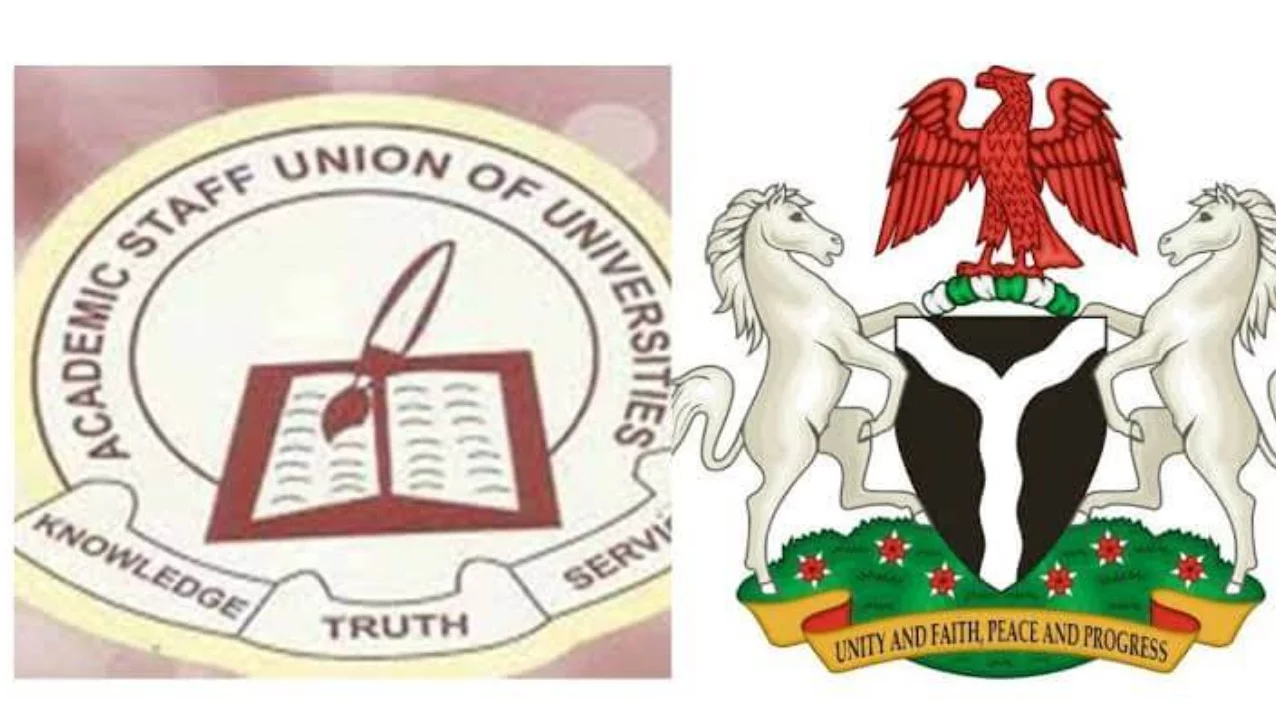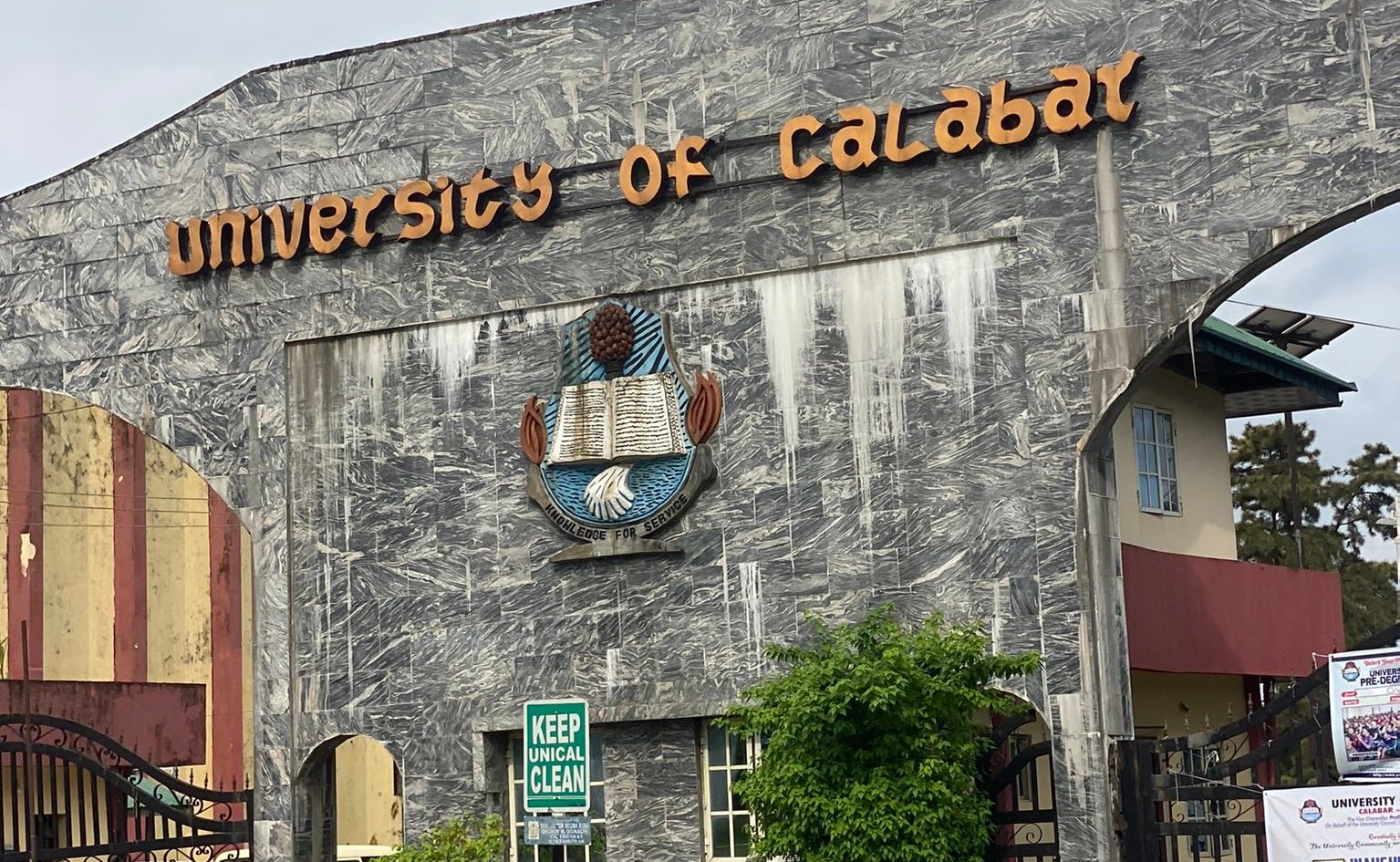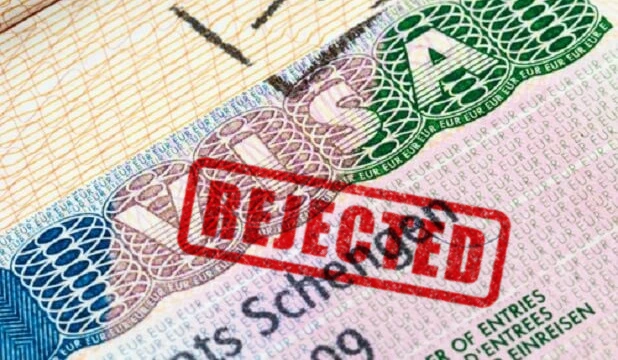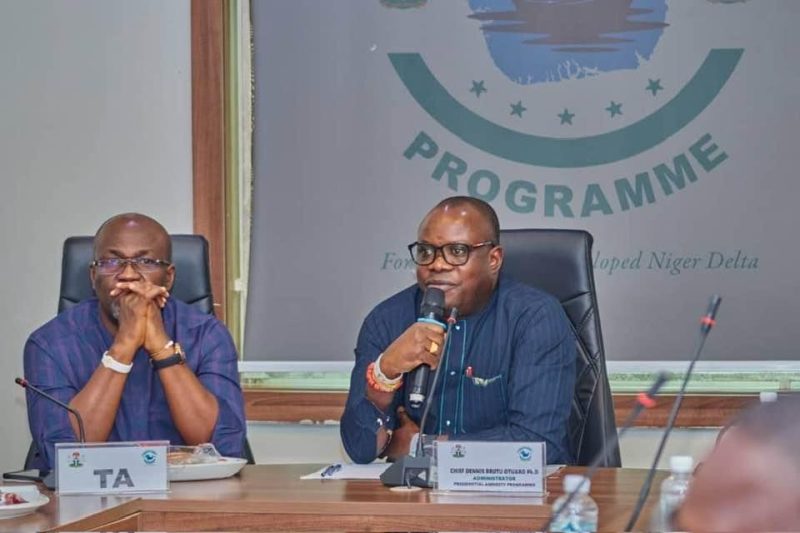ASUU: New protests shake universities as the FG holds firm
According to new information, there is no end in sight to the impasse between members of the Academic Staff Union of Universities, ASUU, and the Federal Government.
According to PulseNets, the Federal Government’s firm stance on the “no work, no pay policy” may spark another round of crises in the education sector.
Remember that ASUU put off its eight-month-long strike in October following an intervention by House Speaker Femi Gbajabiamila.
After all conversations had failed, Gbajabiamila arranged a truce between the Federal government and ASUU.
Gbajabiamila mediated an acceptable deal between the two parties within a few days, promising that the government would pay the university staff their withheld salary for the months they were on strike.
However, the Union’s members were perplexed early in November after the Federal Government paid half salaries for only 18 working days in October to its members.
Speaking on why ASUU members were paid half their salaries for the month of October, the Minister of Labour and Employment, Chris Ngige, said in a statement issued by his ministry that the lecturers were paid pro-rata for the number of days they worked in October, beginning with the day they suspended their strike.
According to PulseNets, the Federal government insisted on enforcing the ‘No Work, No Pay’ policy during the time the university employees were absent from their duties.
However, nearly two months after returning to work, academic staff members have continued to complain about the government’s obstinate approach to their delayed salaries.
ASUU instructed its branches to organise a one-day nationwide protest in October over the Federal Government’s payment of half salaries to academics, with ASUU members protesting at the University of Lagos (UNILAG), University of Nigeria, Nsukka (UNN), and University of Ibadan (UI), among others.
Members of the Academic Staff Union of Universities (ASUU), Ibadan Zone, which includes the University of Ibadan (UI), Ladoke Akintola University of Technology (LAUTECH), Ogbomoso, and the University of Ilorin, protested on Monday against what they called the federal government’s and its agents’ victimisation of their members.
Speaking to journalists during the demonstration, Professor Ayoola Akinwole, Chairman of ASUU, University of Ibadan, stated that despite reaching an agreement with the Speaker, which resulted in the suspension of the strike, none of the items on the accord had been followed.
He said, “the agreement with the Speaker included the following: The government is going to sign the new salary package, payment of the withheld salaries from March to October 2022
“Payment of the withheld third-party deductions, including Check-off dues from March to October 2022, non-victimisation of ASUU members who took part in the strike.
“Today’s protest has become necessary due to our conviction that the federal government is on a mission to destroy the public universities through inadequate funding and through its war against ASUU.”
He underlined that ASUU has a historical responsibility to preserve public universities from collapse and to fight for its members’ and Nigerian students’ interests.
In an interview with PulseNets, the ASUU-UNN branch chairman, Comrade Christian Opata, bemoaned the government’s lack of commitment to education.
He said, “The issue is that the government is not being serious about the issue of education in Nigeria, because, one, they pleaded with us to honour the court, knowing that ASUU is a very patriotic and legal organisation; we are law-abiding citizens.
“Yes, we know that there is a subsisting court order, but if we wanted to disobey that court order, we had every right to disobey it because it is a question of our rights.
“The same government that is saying obey the court order, there are many court orders which they have not obeyed. And what is even the bone of contention is something that is legal- an agreement that was signed – and you reneged on it. You reneged on an agreement, and somebody you signed an agreement with is telling you to implement the agreement, and you turn around to punish the person saying the person is obdurate. Well, I don’t know where to situate that.
“So the disappointment even starts from the point of view that the government reneged on an agreement it signed willingly.”
In terms of how Union members have dealt with the government’s stance, Opata stated that many of his colleagues have not let the issue affect their productivity at work.
“The issue is that many of them have been teaching, and I am even surprised that many of them are teaching happily. I thought that some of them would be grudging and even victimising students. But even to my knowledge, it has not happened within my university community. The students have been going to classes and having their exams. Some have even finished their exams.
“Tomorrow they shall continue because most of our members did not go for exams today because of this issue of our rally; we held a protest today. So that does not mean that we are on strike; they did it because it is part of the meeting being held.
“The issue is that, for now, they are teaching, our members are teaching. They are attending to students and their projects, even the postgraduate students (Masters and Ph.d),” he said.
“No individual chairperson can decide that because it is only when we meet and we have a decision on that; no branch chairperson can speak on behalf of NEC.”
he added of whether the Union will go on strike again if the government fails to pay them the withheld salaries.
As things stand, members of the Union have sworn not to throw down the gauntlet in their ongoing battle with the Federal government until their demands are met.













